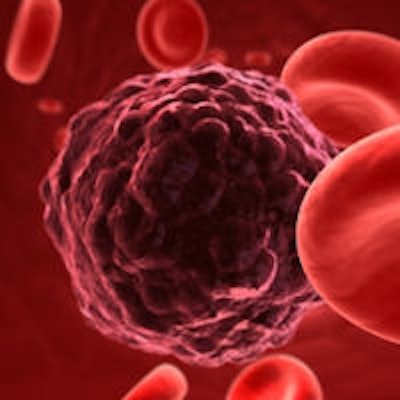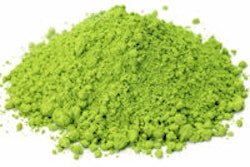
Scientists have used an experimental drug produced from the seeds of an Australian rainforest plant to kill head and neck tumors, as well as melanomas, according to a new study in PLoS One (October 1, 2014).
The study researchers, led by Dr. Glen Boyle from the QIMR Berghofer Medical Research Institute in Australia, found that a single injection of the protein kinase C-activating (PKC) compound EBC-46 led to rapid breakdown of tumors in preclinical trials on mice and human tumor models.
The findings suggest the drug could be effective in human patients, Dr. Boyle noted.
"We were able to achieve strong results injecting EBC-46 directly into melanoma models, as well as cancers of the head, neck, and colon," he said in a statement. "In most cases, the single-injection treatment caused the loss of viability of cancer cells within four hours, and ultimately destroyed the tumors."
“We were able to achieve very strong results injecting EBC-46 directly into melanoma models, as well as cancers of the head, neck, and colon.”
While surgical excision and ionizing radiation of affected sites have been the mainstay for treatment for decades, in some cases, intratumoral treatment may be more appropriate, particularly when surgical intervention is not possible.
Intratumoral treatment may have the advantage of allowing for much higher drug concentrations at the tumor site and potentially less toxicity than systemic agents, the researchers said. However, a limiting factor for greater use of intratumoral treatments appears to be lack of suitable agents rather than delivery technologies.
For this study, scientists at QIMR Berghofer used the novel PKC compound EBC-46, which showed that a single intralesional injection is sufficient for enduring regression and an ultimate cure of diverse tumor types in preclinical cancer models.
EBC-46 is derived from berries of blushwood trees, which are found only in the rainforests of Far North Queensland, Australia. It works, in part, by triggering a cellular response that effectively cuts off the blood supply to the tumor, the researchers found.
EBC-46 was discovered by the Queensland-based biotechnology company EcoBiotics. The drug is being developed as a human and veterinary pharmaceutical through the company's QBiotics subsidiary. The experimental drug has been used by veterinarians to successfully destroy or shrink tumors in dogs, cats, and horses. QBiotics is currently doing formal veterinary clinical trials with EBC-46 in Australia and the U.S. Final regulatory approval is still required for a human phase I clinical trial.
Results
For the study, in addition to mouse models, polymorphonuclear (PMN) cells also were isolated from peripheral blood from healthy volunteers.
Nine BALB/c Foxn1nu mice were injected with 2x106 MM649 melanoma cells, one tumor per mouse. The mice were then treated by injecting 50 nmol (30 µg) of EBC-46 into either the tumor (tumor-bearing mice) or normal skin (subcutaneously, nine tumor-free mice).
In more than 70% of the cases involving mice, the response and cure were long-term and enduring, with very little relapse over a 12-month period, the researchers found.
Cells treated with EBC-46 led to a "dramatic ablation of tumors following intralesional injection," they said.
"The results show that the tumor cells had greatly reduced viability four hours after treatment with EBC-46," they wrote.
Additional models showed efficacy against head and neck cancer and colon cancer, the researchers noted. "These results suggest that a single bolus intralesional treatment with EBC-46 can lead to an enduring ablation of tumor cell growth in vivo," they wrote. "There were no tumor recurrences in the group treated with EBC-46 alone in the 48-day observation period."
QIMR Berghofer is anxious to pursue further research to determine if EBC-46 could be made more effective, according to Dr. Boyle.
Conclusion
"We must stress at this point that EBC-46 will only be trialed in the short term for tumors which can be accessed by direct injection or topical application," Dr. Boyle noted. "There is no evidence to suggest EBC-46 would be effective against metastatic cancers."
"Our results demonstrate that a single intralesional injection of EBC-46 causes PKC-dependent hemorrhagic necrosis, rapid tumor cell death, and ultimate cure of solid tumors in preclinical models of cancer," the study authors concluded.



















